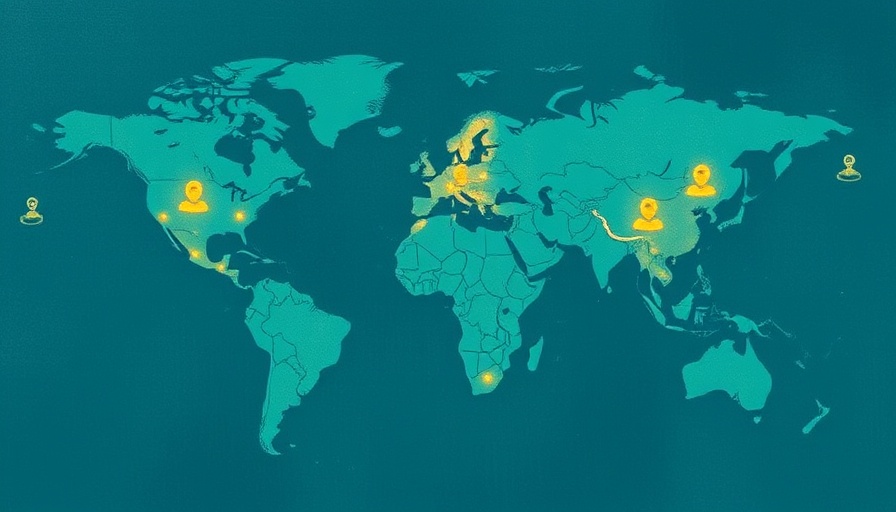
Understanding Subthreshold Depression: A Hidden Epidemic
Most individuals may brush off feelings of being "a bit depressed" as a normal part of life, but what they may not realize is that approximately 11% of the population experiences subthreshold symptoms of depression. According to recent data, these symptoms dramatically increase the likelihood of developing major depressive disorder (MDD) threefold for those exhibiting them compared to their peers with no such symptoms.
Why Early Psychological Intervention is Essential
Through a systematic review led by Buntrock et al. (2024), researchers explored the potential of psychological interventions in mitigating the escalation from subthreshold depressive symptoms to major depression. This ground-breaking research utilized individual participant data, a methodology that significantly enhances the accuracy of intervention effect estimates. With a pooled sample from 30 trials involving 7,201 participants, the findings are compelling.
The Impact of Psychological Interventions on Depression Rates
Results from the experiments indicated that those who underwent psychological interventions were significantly less likely to develop major depression shortly after treatment and up to a year later. Specifically, the incidence rate ratio for participants post-treatment was 0.57, indicating a substantial reduction in risk. This downward trend even continued at the 6-month mark with a ratio of 0.58, tapering to 0.67 at the 12-month point. However, it’s also worth mentioning that there was no significant effect observed by the 24-month point, possibly due to fewer studies being analyzed.
The Importance of Tailored Interventions
The definition of psychological intervention in this context encompasses a broad spectrum of techniques aimed at modifying behaviors, thoughts, and emotions based on established psychological principles. This flexibility allows mental health professionals to tailor interventions to the specific needs and contexts of individuals, making the support more effective and personalized. As our understanding of mental health evolves, providing the right tools at the right time becomes crucial in combating the rise of major depressive disorders.
Encouraging Conversations Around Mental Health
In our society, discussing mental health often carries a stigma. However, the dialogue must shift to emphasize the significance of early intervention for those coping with mild symptoms. Encouraging awareness around subthreshold depression paves the way for proactive measures, thus decreasing the risk of severe mental health crises later on. Imagine a workplace where employees feel comfortable discussing their mental states, promoting a culture of support and understanding. This shift could transform corporate dynamics, leading to healthier, more productive work environments.
Next Steps: A Call to Action
The potential for preventing major depression is within our grasp. Whether it’s through advocating for better mental health resources, encouraging conversations, or actively engaging in interventions, each action counts. Support mental health initiatives, share knowledge, and spread awareness—these simple steps can influence lives profoundly.
 Add Row
Add Row  Add
Add 




 Add Row
Add Row  Add
Add 

Write A Comment